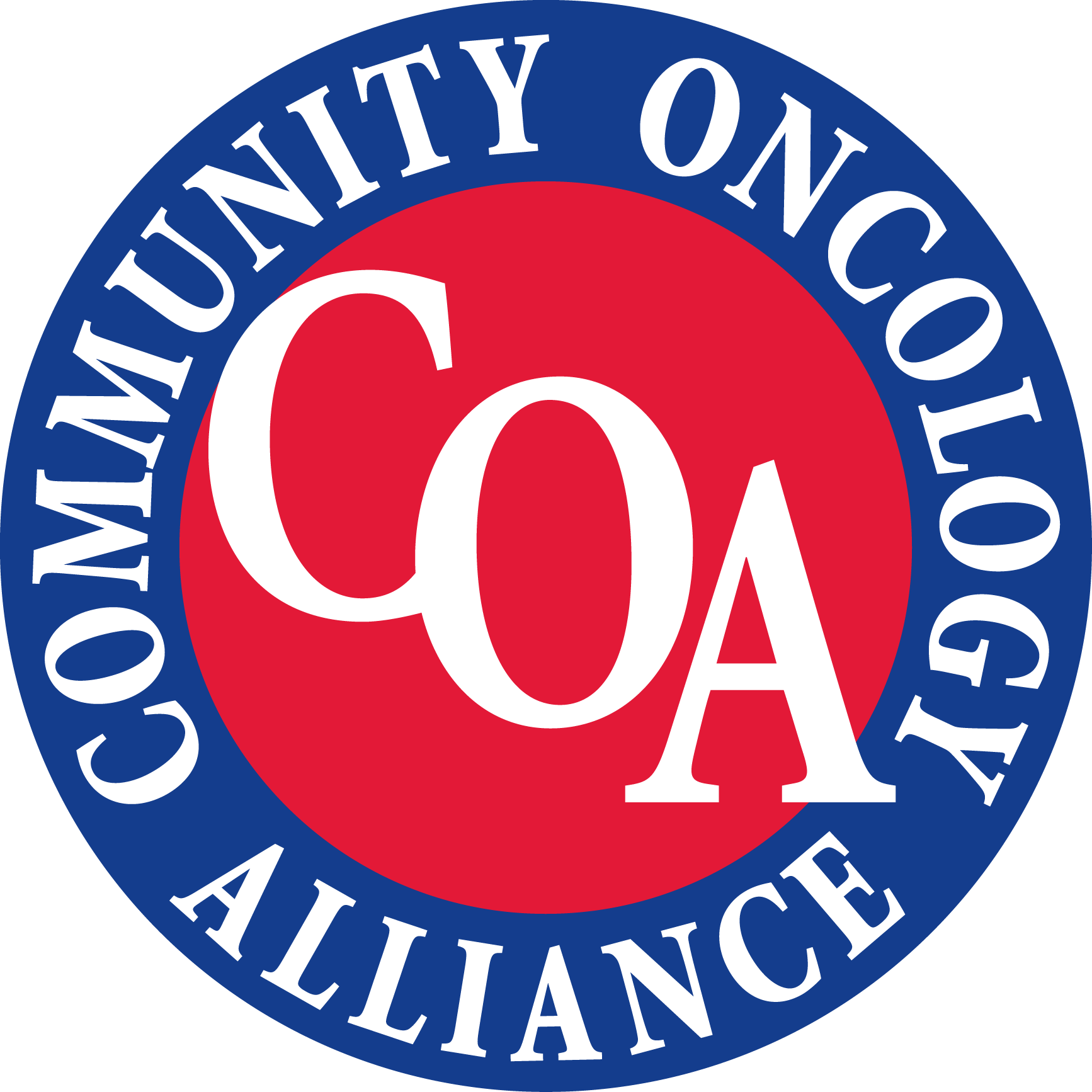
House Unanimously Passes Seniors’ Access to Critical Medications Act

The House of Representatives unanimously passed the bipartisan Seniors’ Access to Critical Medications Act (HR 5526), which would reverse CMS restrictions on mail delivery of cancer medications to Medicare beneficiaries.
The House of Representatives unanimously
If fully passed, it would amend CMS’ recent reinterpretation of the Medicare Physician Self-Referral Law, commonly known as the Stark Law, to prohibit oncology practices from delivering medications by mail or other services to Medicare beneficiaries. Therefore, this legislation would
The bill was
Originally, the Stark Law was
In 2021, CMS
“This ruling has a detrimental impact on many patients with cancer, hindering the equitable delivery of vital cancer medications and increasing health care disparities in rural and underserved communities,” the authors of a commentary published in The American Journal of Managed Care® wrote.5
In response, the Community Oncology Alliance (COA)
COA applauded the House for unanimously advancing the Seniors’ Access to Critical Medications Act to the Senate.2 In a recent press release, Ted Okon, MBA, executive director of COA, expressed the group’s gratitude toward the House, especially representatives Harshbarger and Wasserman Schultz, who were continuously committed to the issue after introducing the bill last year.
Looking ahead, he noted that the Senate must continue this momentum by advancing the companion bill, S 3458. If fully passed, Okon explained that the Seniors’ Access to Critical Medications Act would reduce patient burden by ensuring that all those with cancer or other serious diseases have timely access to their oral medications, whether they be delivered, couriered, or picked up by a caregiver or family member.
“It is crucial that Congress acts to pass this important legislation by the end of this year so all patients can access the medications they need,” he concluded. “COA has led the charge, and the cancer community has been tirelessly voicing concerns with members of Congress and staff to secure this victory for patients.”
References
- Chair Rodgers applauds House passage of nine health bills. Energy & Commerce. September 23, 2024. Accessed September 25, 2024.
https://republicans-energycommerce.house.gov/posts/chair-rodgers-applauds-house-passage-of-nine-health-bills - Community Oncology Alliance Applauds US House of Representatives for Passing HR 5526. COA. September 24, 2024. Accessed September 25, 2024.
https://mycoa.communityoncology.org/news-updates/press-releases/coa-applauds-house-of-reps-for-passing-hr-5526 - AJMC Staff. COA supports bills to ensure access to cancer medications. AJMC®. September 20, 2023. Accessed September 25, 2024.
https://www.ajmc.com/view/coa-supports-bills-to-ensure-access-to-cancer-medications - Bonavitacola J. Stark Law interpretation disallows medication delivery from independent physician practices. AJMC. February 2, 2024. Accessed September 25, 2024.
https://www.ajmc.com/view/stark-law-interpretation-disallows-medication-delivery-from-independent-physician-practices - Kumar P, Parker S, Wilbern D. Access denied: CMS' action hurts patients with cancer in rural America. Am J Manag Care. 2024;30(5):206-208. doi:10.37765/ajmc.2024.89537
- COA files lawsuit against HHS FAQ limiting cancer drug delivery to patients. COA. July 27, 2023. Accessed September 25, 2024.
https://mycoa.communityoncology.org/news-updates/press-releases/coa-files-lawsuit-against-hhs-faq-limiting-cancer-drug-delivery-to-patients
Newsletter
Stay ahead of policy, cost, and value—subscribe to AJMC for expert insights at the intersection of clinical care and health economics.









